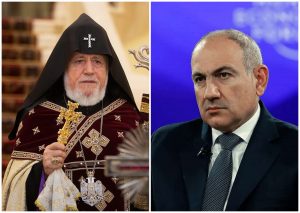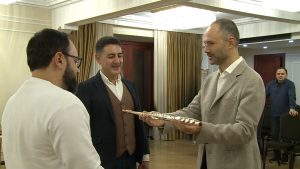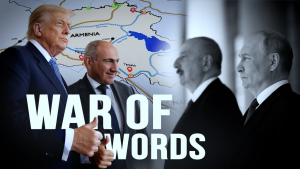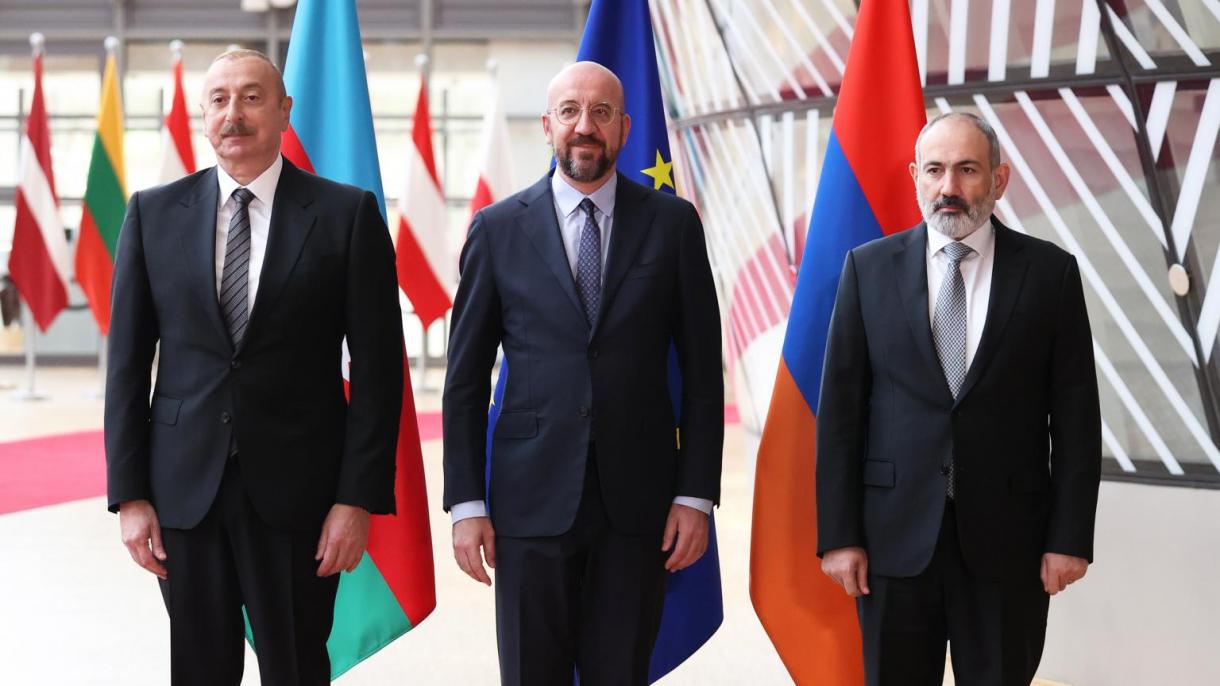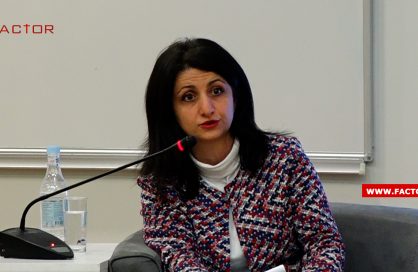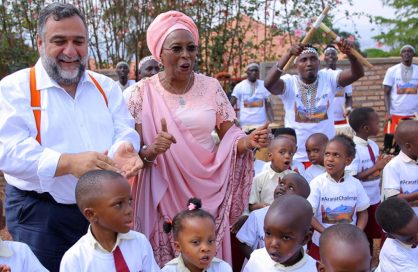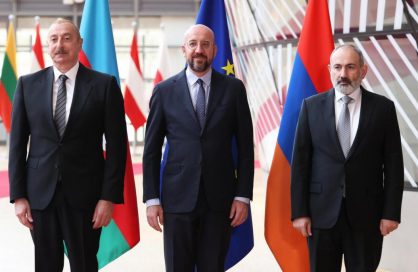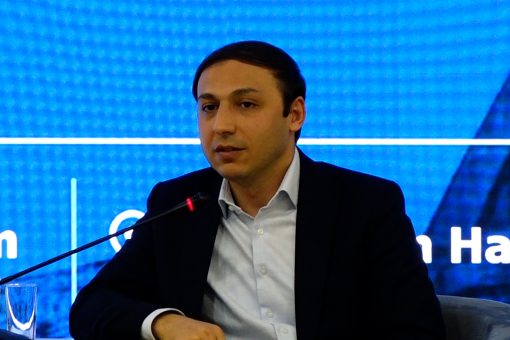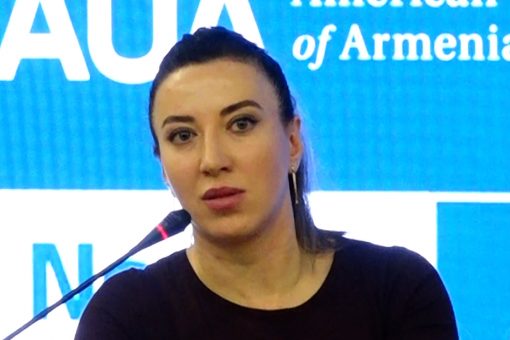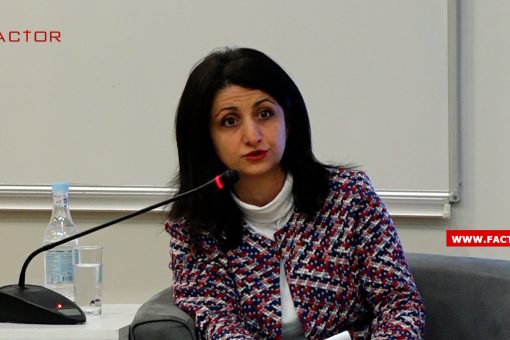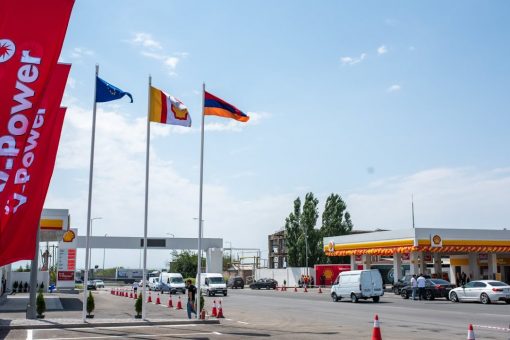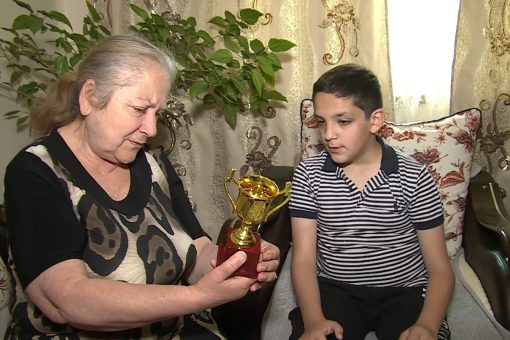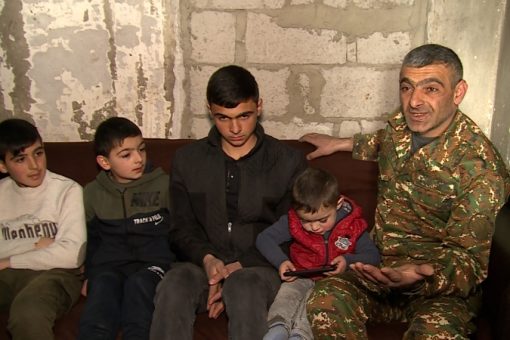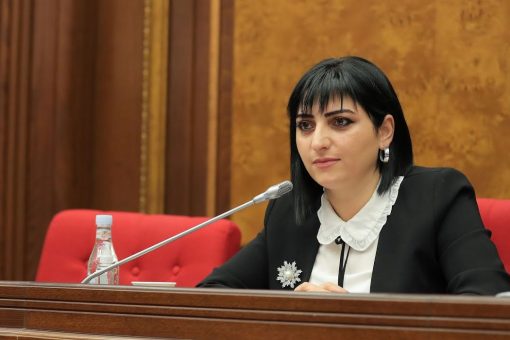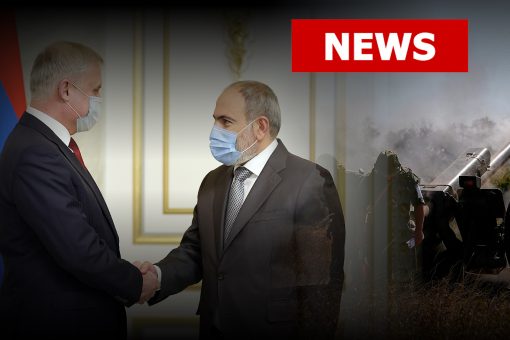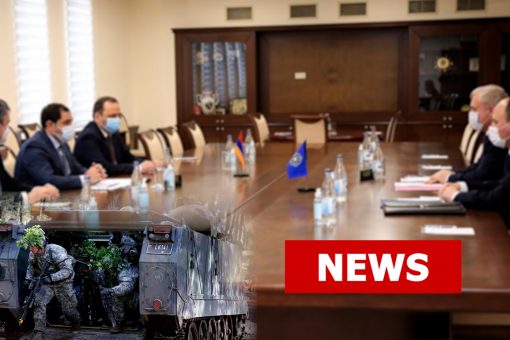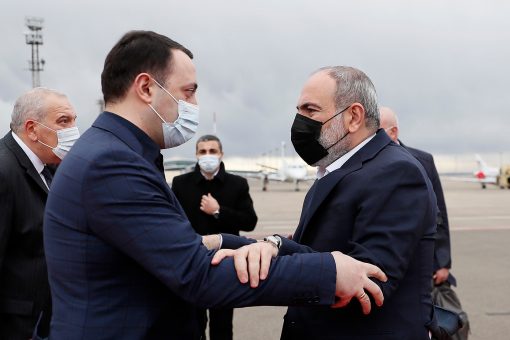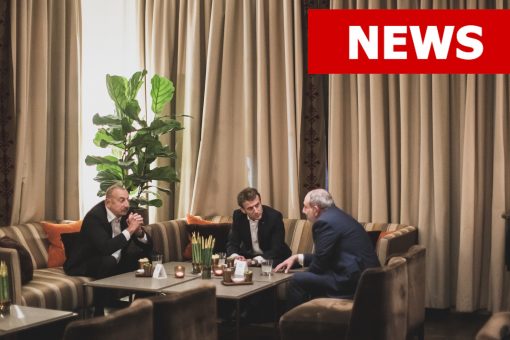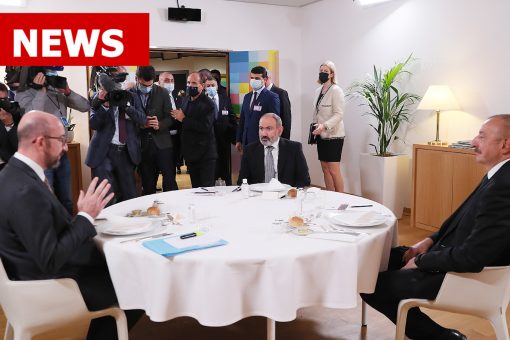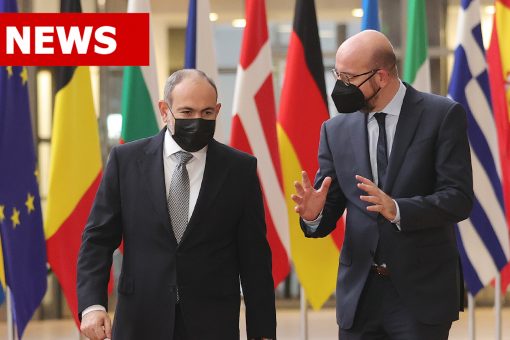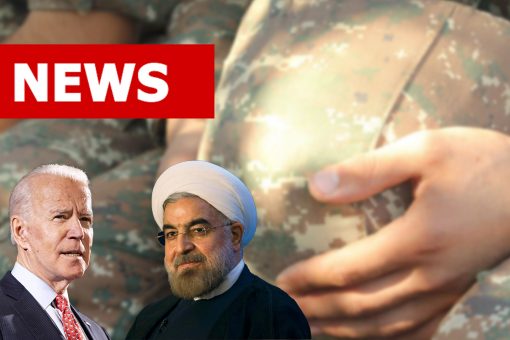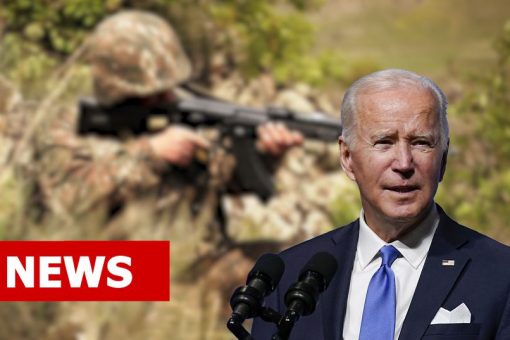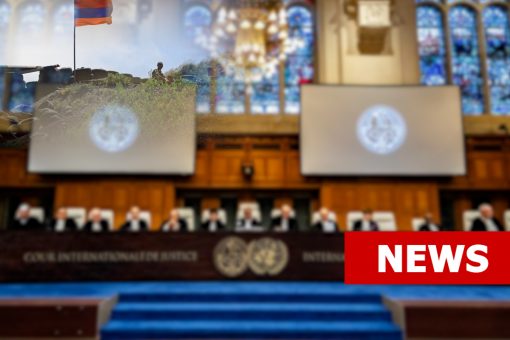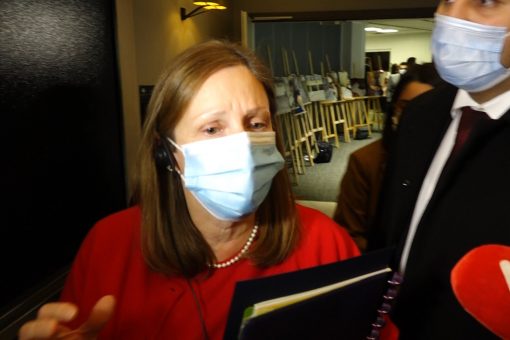The Karabakh war was never a religious war, Armenia has very good relations with many Islamic countries, Armen Sargsyan says in interview with ArabNews
POLITICS
24.12.2021 | 12:31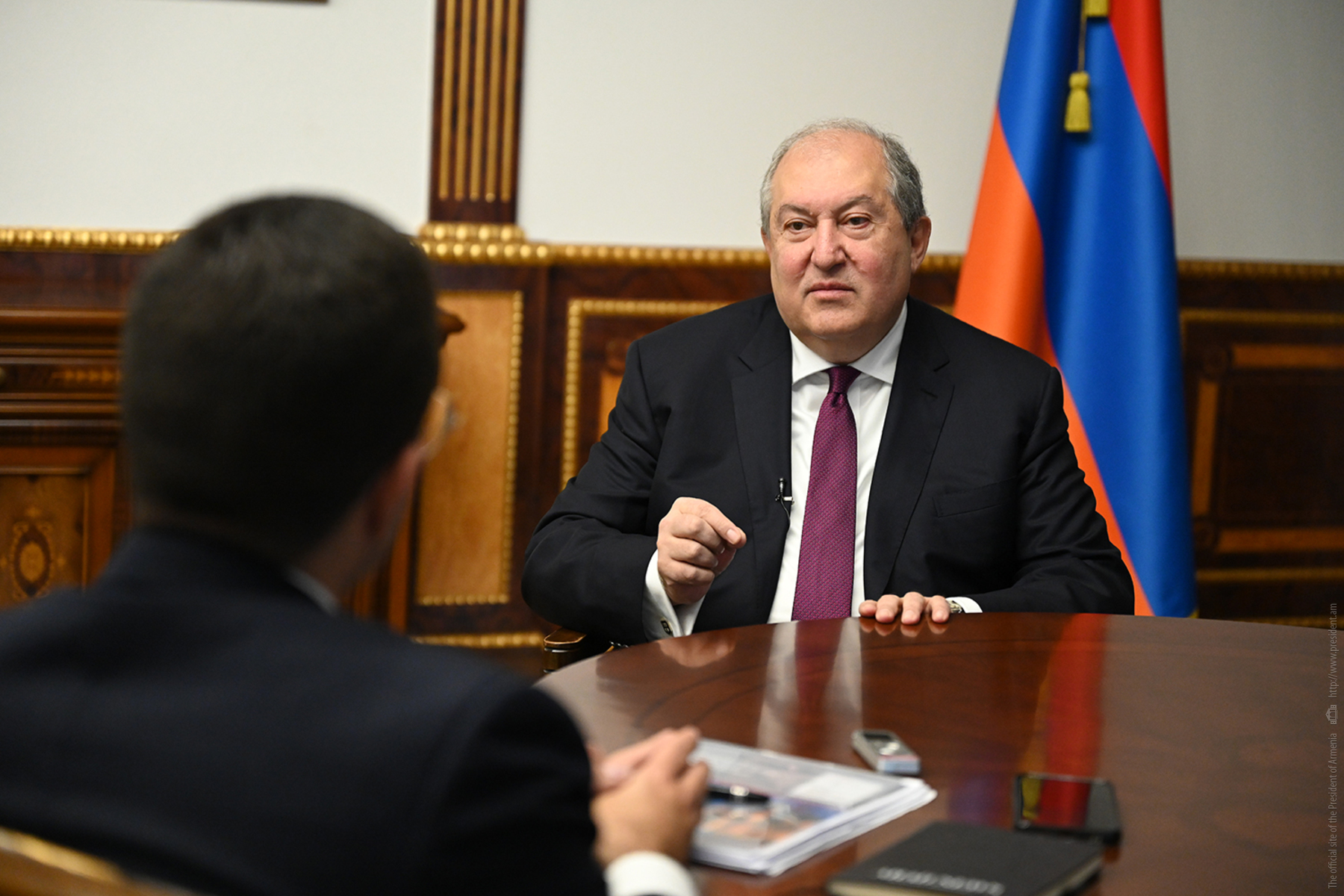
The ArabNews, the leading English-language publication in the Middle East, based in Saudi Arabia, has published an exclusive interview with President Armen Sargsyan, his Office said.
Below is the part related to the Nagorno Karabakh issue.
Sargsyan also strongly rejects suggestions that the Karabakh conflict was not just a land dispute, but also a religious war between Christian-majority Armenia and Muslim-majority Azerbaijan. “It was never a religious war,” he says. “Armenia has wonderful relations with a lot of states where Islam is a major religion, states where Islam is the only religion, or states that have Islam as their state religion”.
“The other side (referring to Azerbaijan and Turkey) sometimes like to use that (the “religious war” description) in order in order to accumulate support from Islamic world, but Armenia never tried to get support from Christian states.”
Meanwhile, several Armenian analysts have criticized what they describe as Pakistan’s open and ideological support for the Azerbaijani-Turkish axis, and say that joint military drills with the Azeri side further complicate the situation. Sargsyan says Yerevan has no diplomatic relations with Pakistan — “I’m trying to build them, because I don’t come from the concept that if somebody supports my competitor or the enemy I shouldn’t talk to him.”
As for Azerbaijan, since the international community has recognized Karabakh as Azeri and attempts to resolve the issue continue, does Sargsyan see any role for influential regional or religious bodies such as the Gulf Cooperation Council or the Organization of Islamic Cooperation in supporting peace efforts in the Caucasus?
“My advice would be, let’s try to find a logical solution that will be acceptable on both sides. Any solution that is forced will not last,” he says.
Sargsyan argues that it is the Azeris who should be offering compromises to ensure a lasting peace. “There is not much the Armenian side can compromise on today,” he says. “We could have compromised starting from 1994, when we were victorious … that was the time for compromise and to come to a diplomatic solution rather than a war solution that’s a big regret, because thousands of young lives were lost for something that could have been achieved through diplomatic channels.”





